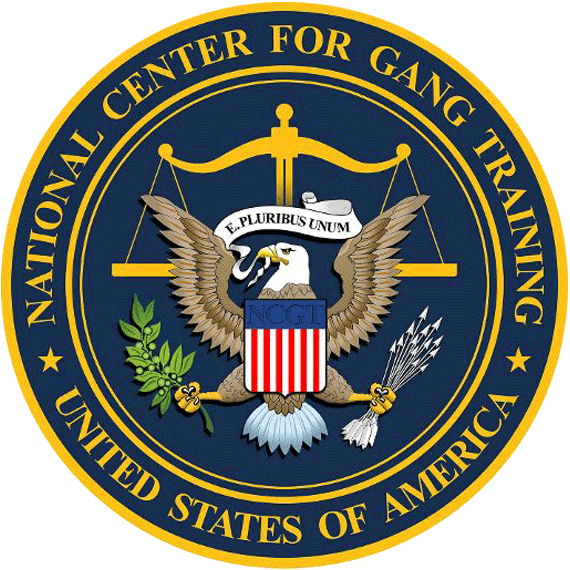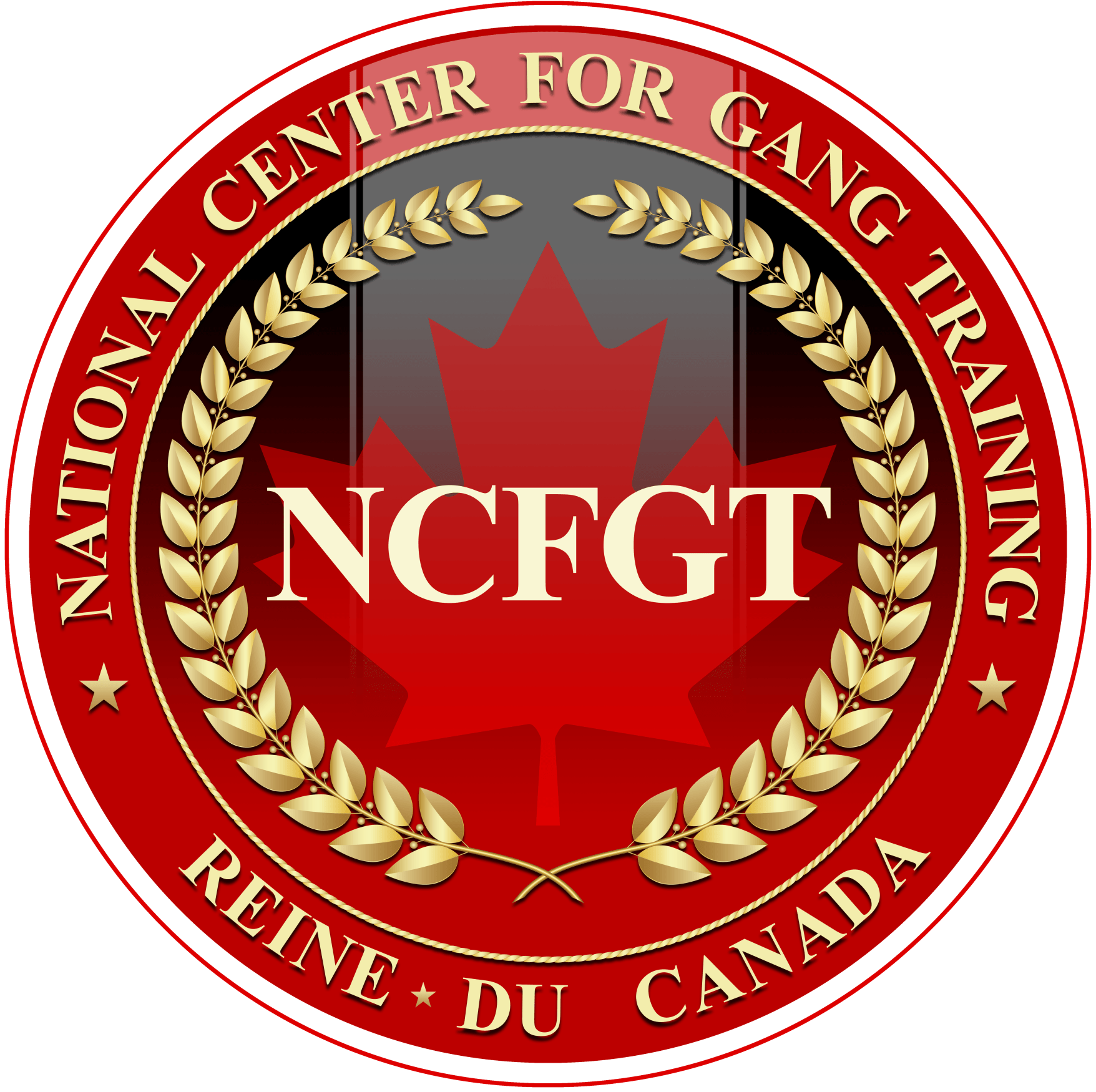NATIONAL CENTER FOR GANG TRAINING |
ONLINE TRAINING CENTER
National Gang Specialist Certification
Certification is part of a process called credentialing. It focuses specifically on the individual and provides documented evidence to the public that the individual has been examined by an independent professional organization and found to possess current competency in a specialized field. Certification signifies and documents the mastery of a strong level of knowledge.
In order to remain competitive in the criminal justice industry today, it is imperative to continue your ongoing National training and education. Certification is a way to showcase this training. The game has changed, and the expectations have been raised in the gang intelligence, enforcement and investigation profession.
To become certified, you must not only meet each individual certification’s requirements, you must also uphold the National Center for Gang Training’s Professional Code of Ethics.
The Why
In the
2011 National Gang Threat Assessment estimated
33,000 gangs representing some
1.4 million “documented” gang members reported by law enforcement agencies in the United States. That number is up from approximately
1.0 million representing some
20,000 gangs in 2009.
Gangs can be identified in all 50 states and D.C. with a national average of
48% of all violent
crime being attributed to criminal street gangs with that percentage reaching as high as
90% in several cities nationwide.
Larger Outlaw Motorcycle Gangs (OMGs) have established new chapters and have attracted many new members. The surge in membership has incited clashes for geographic dominance, which has created higher levels of violence.
OMGs continue to engage in all types of violent crimes to include: weapons possession, threats and intimidation, assault, arson, extortion, and drug trafficking.
In today's volatile world where law enforcement officials are being hunted down, ambushed and executed; we are seeing groups like the New Black Panther Party calling for attacks on law enforcement and street gangs issuing direct threats to law enforcement around the nation.
Being a Gang Specialist is no longer a specialty unit or position. All officers are now required to become gang specialist to be able to identify a potential gang threat in real time - are you prepared? Is your agency prepared?
In the 2015 National Gang Threat Report, one third (1/3) of the jurisdictions report an increase in threats to law enforcement and "the attacks that were carried out against law enforcement and judicial officials over the past two years were violent and brazen."
The Experience
The National Gang Specialist Online Certification course focuses on developing the student’s level of knowledge pertaining to street gang evolution, gang crime law, gang identification, communications, typology, personal safety, and the psychological and sociological impact street gangs have on society, as well as officer and public safety.
This course is appropriate for all levels of criminal justice to include students and academy cadets seeking a career in public safety. It is also appropriate for all those who are not in law enforcement, but do any type of work with youth, young adults, and adults.
This is an incredible opportunity, never available before, to bring additional value to your professional capital that can be an asset to your hire-ability or better position yourself for that unit or task force placement and promotion.
The Final Exam
The exam is conducted online from the comfort of your home or office and will be a mixture of true/false, multiple choice and scenario driven questions. The test will consist of over 100 questions. You must pass the final exam with a 80% to receive your National Gang Specialist (NGS) designation. You will be allowed to take the exam twice for free without penalty. After that there will be a $50 fee every time you retake the test until you pass.
The Benefits!
- Many in the fight against gangs desire their staff to be recognized by peers as having achieved the highest level of professionalism and knowledge of gangs.
The Certification Program:
- Establishes a standard of high performance
- Increases your knowledge and skill level
- Helps promote professionalism amongst gang specialists and experts.
- Enhances the image of organizations and companies and its personnel
- Assists agencies in recruiting & retaining qualified gang enforcement personnel
- Encourage agencies to maintain a standard of high performance.
- Makes possible potential opportunities for career advancement
What is Included?
- Training Modules
- Digital Handouts
- National Gang Specialist Certification & Designation
- Certification Letter
- Certificate
- 2-Year Certification
- Certification Package
Who Should Take the Course?
- Law Enforcement Officers, Corrections Officers, Parole/probation Officers, Court Officers, Juvenile Justice Employees, Military Police, FBI, CIA, HSA
- Judges, Lawyers, and Prosecutors (City, State, Federal)
- Security Guards, School Safety Officers
- School Teachers, Criminal Justice Students
- Credible Messengers, Violence Interrupters
- Youth Development Specialists
- Faith-based community workers, Ministers, Pastors, Imans, Preachers, Evangelists, Chaplains, Priests.
- Social Workers, Psychologists, Sociologists
- Parent Advocates
- Politicians/Elected Officials
- Anyone who works with juveniles, young adults, and adults (male & female)

